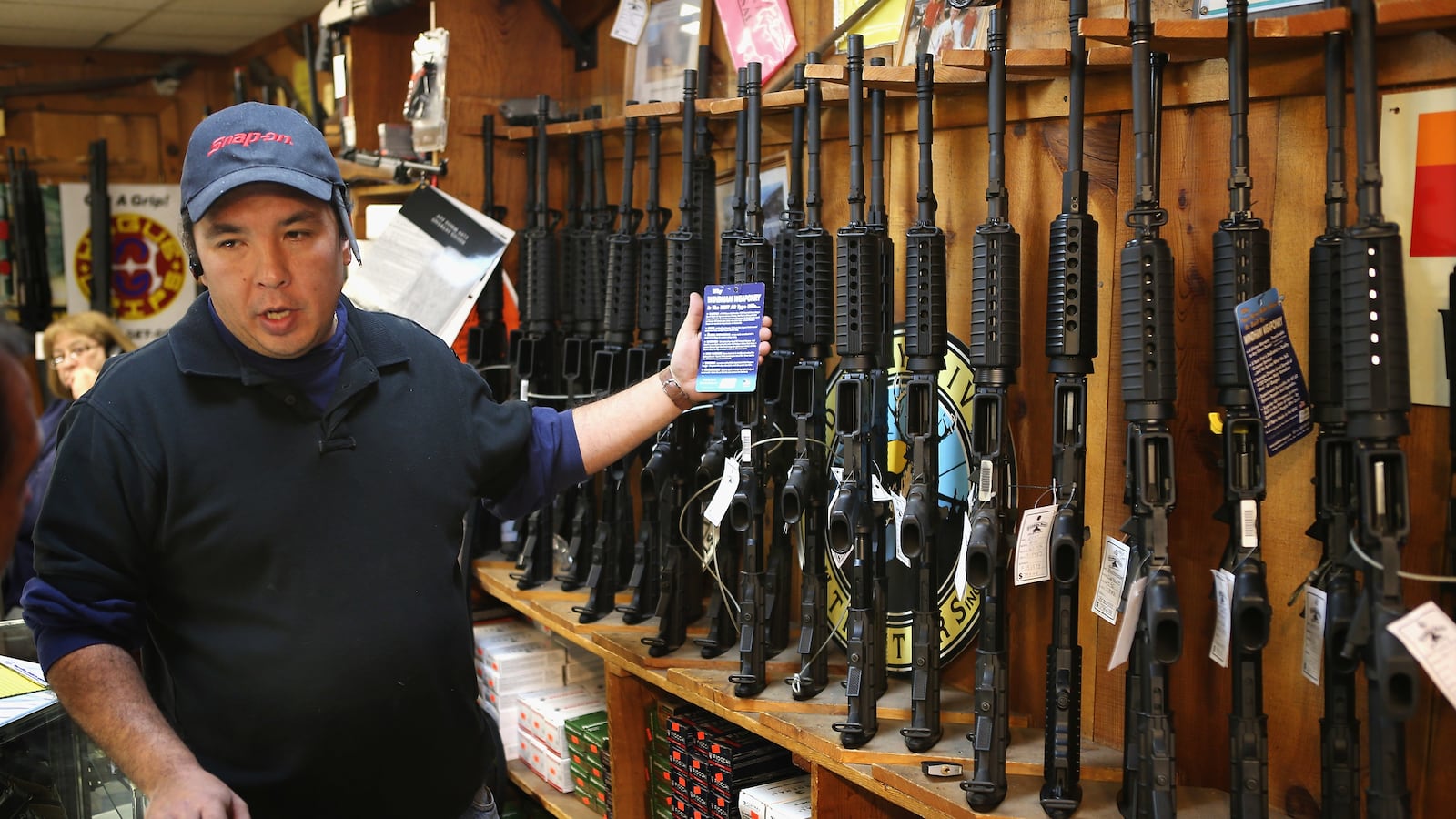My CNN column: two things Obama can, and must, do to curb gun violence.
On guns, President Obama needs a "Plan B."
The president himself recognizes that the votes probably aren't there to pass any significant gun legislation through Congress. In his State of the Union address, he was reduced to pleading with Congress to allow a vote at all, never mind actually enact anything.
Even if Congress were seized by a sudden change of heart, the measures the president has proposed seem unlikely to achieve much.Universal background checks would be a baby step forward. But until state governments join background checks to some effective system of gun licensing, the checks are very easily evaded. A felon or domestic batterer or disturbed person need only find a person with a clean background to buy a weapon for him.
But here are two things that can make a real difference -- without a vote in Congress.
First: The president can direct the surgeon general to compile a scientific study of the health effect of individual gun ownership.
The basis of the whole gun debate in the United States is the belief by millions of Americans that they need a firearm in the home to protect themselves from criminals. Testifying to Congress last month, a gun advocate named Gayle Trotter presented a vivid image of how guns might be used.
"An assault weapon in the hands of a young woman defending her babies in her home becomes a defense weapon, and the peace of mind that a woman has as she's facing three, four, five violent attackers, intruders in her home, with her children screaming in the background, the peace of mind that she has knowing that she has a scary-looking gun gives her more courage when she's fighting hardened, violent criminals."
Thrilling. Also wholly imaginary. Such Rambo-like defenses of home and hearth do not happen in real life, unless the home also happens to contain a meth lab. (The oft-cited statistic that gun owners draw in self-defense 2.5 million times a year is a classic of bad social science.)
Incidents like these, however, do happen -- and tragically often:
"A fourteen year-old girl jumped out of the closet and shouted 'Boo' when her parents came home in the middle of the night. Taking her for an intruder, her father shot and killed her. Her last words were 'I love you, Daddy.'"
That true story, reported in the Boston Globe in 1994, appears on page 70 of the classic study "Private Guns, Public Health" by David Hemenway, director of Harvard's Injury Control Research Center. It's just one of thousands of similar incidents in the United States every year.
Hemenway again: "Between 1990 and 2000, an annual average of 320 children zero to fourteen either committed suicide with guns or were accidentally killed by guns." American children are much more likely to suffer these tragedies than children in other countries. States with more guns suffer more than states in which guns are less common.
Claims that homeowners often use guns for legitimate self-defense dwindle away on close examination.
What the gun owner claims as self-defense often looks, on closer examination, more like trigger-happy recklessness.
Here's another case, as reported by Hemenway.
"Two women, aged thirty-four and forty, were driving home from work when one cut the other off on a congested highway. Their rage escalated as traffic crawled for miles and the women flashed their headlights and hit their brakes. Both vehicles left the interstate, heading for home. At the first traffic light, one woman left her car and approached the other, perhaps to end the confrontation. The woman in the car shot the approaching woman in the face, killing her."
Self-defense? Maybe. But the shooter herself wasn't so sure. She was recorded weeping, "Oh, my God, I shot her. Oh, my God, I can't believe I shot her. Oh, my God, I can't believe she's dying."
As for guns in the home, Hemenway reports studies find that "(G)uns are used far more often in the home to intimidate and frighten intimates than to protect against intruders."
These are facts about guns that are well-known to the social scientists who study gun injury but poorly understood by the general public.Fifty years ago, Americans contended with similar public ignorance -- and similar industry misinformation -- about the hazards of cigarette smoking. The argument was settled by the famous surgeon general's report of 1964.






